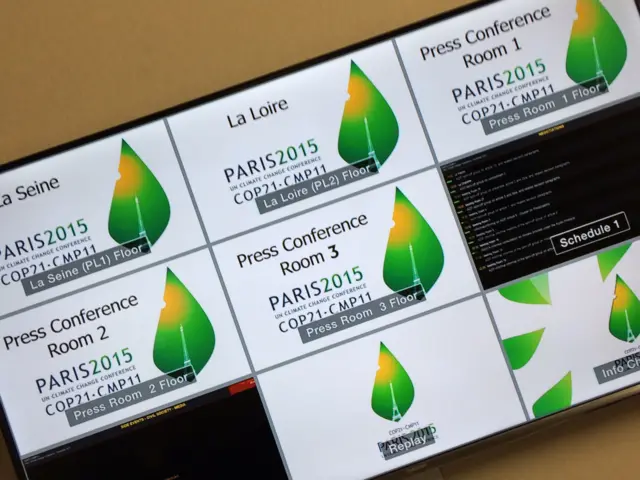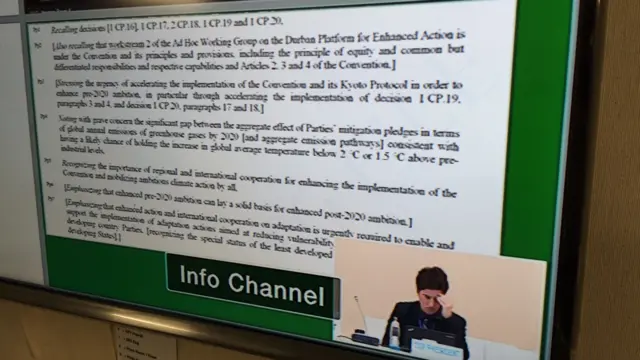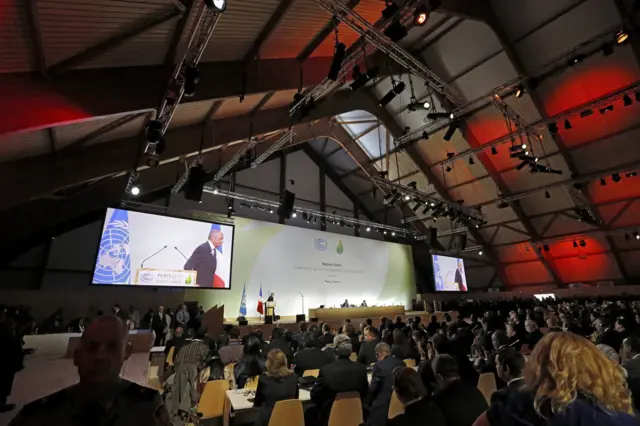Get Involvedpublished at 21:26 GMT 1 December 2015
@BBC_HaveYourSay
Allow X content?
This article contains content provided by X. We ask for your permission before anything is loaded, as they may be using cookies and other technologies. You may want to read X’s cookie policy, external and privacy policy, external before accepting. To view this content choose ‘accept and continue’.




